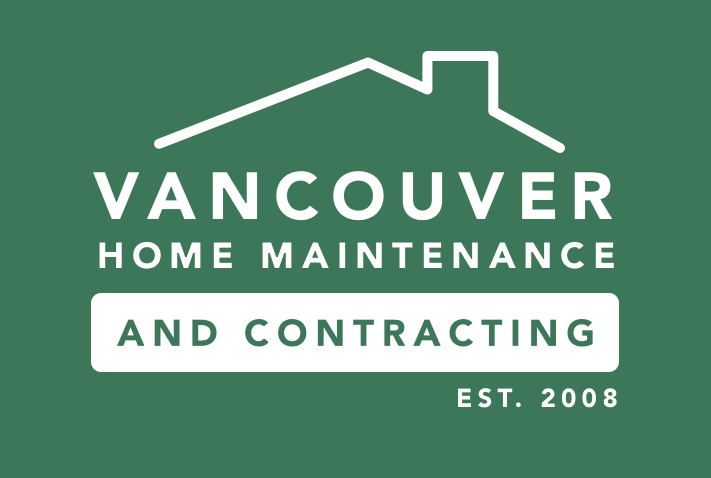What Should You Not Do When Pressure Washing?

20 Signs You Need Gutter Cleaning
January 23, 2023
Is It Better to Pressure Wash With Cold or Hot Water?
January 24, 2023
Pressure washing is a powerful tool for cleaning the exterior of your home and property, but it’s important to use it safely and correctly to avoid damaging your property or injuring yourself. Here are some things you should not do when pressure washing:
- Do not use a pressure washer on vinyl, aluminum, or wood siding: These types of siding are not as durable as brick or concrete, and using a pressure washer on them can cause damage. The high pressure of the water can remove paint and even cause cracks in the siding. Instead, use a low-pressure setting and a mild detergent to clean these surfaces. A nozzle with a wider angle can also help to disperse the pressure over a larger area, reducing the risk of damage. Additionally, it is important to keep the nozzle at least 12 inches away from the siding to avoid causing damage.
- Do not use a pressure washer to clean your car: The high pressure of a pressure washer can easily damage the paint on your car, causing scratches and chips. It can also remove any wax or sealant that is protecting your car’s paint. Instead, use a car-specific cleaning solution and a soft-bristled brush to gently clean your car. It is also important to keep the nozzle at least 12 inches away from the car to avoid causing damage.
- Do not use a pressure washer to clean your windows: The high pressure of a pressure washer can damage the seal around your windows, causing leaks and drafts, as well as cracking the glass. It can also force water into the window tracks, causing rust and making it difficult to open and close your windows. Instead, use a mild detergent and a soft cloth to clean your windows. It’s also important to use a nozzle with a wider angle and keep the nozzle at least 12 inches away from the windows to avoid causing damage.
- Do not point the pressure washer at yourself or anyone else: The high-pressure water can cause serious injury, including cuts, bruises, and even broken bones. It’s important to keep the nozzle pointed away from yourself and others at all times and never aim it directly at anyone. It’s also important to wear eye and ear protection, as well as closed-toe shoes, to protect yourself while pressure washing.
- Do not use a pressure washer in high winds: The wind can cause the spray from the pressure washer to be blown in unexpected directions, making it difficult to control the machine and potentially causing damage to your property or injury to yourself or others. It’s best to pressure wash on a calm day with little or no wind. If you do need to pressure wash on a windy day, it’s important to use a nozzle with a wider angle and keep the nozzle closer to the surface you’re cleaning to reduce the risk of the spray being blown around.
- Do not use a pressure washer on delicate surfaces: Certain surfaces like stucco, limestone, and delicate tile are not designed to withstand the high pressure of a pressure washer. Using a pressure washer on these surfaces can cause damage, such as chipping or cracking, and can also remove the protective coating on the surface. Instead, use a low-pressure setting and a mild detergent to clean these surfaces, or consider hiring a professional who is trained in cleaning delicate surfaces.
- Do not use a pressure washer on electrical equipment: Pressure washers generate a lot of water and electricity, which is a dangerous combination. Never use a pressure washer on or near electrical equipment such as air conditioning units, electrical panels, or wiring. This can cause damage to the equipment and can also pose a serious safety risk. Instead, use a damp cloth or a mild detergent to clean these areas.
- Do not use a pressure washer to remove paint: While a pressure washer can be effective at removing dirt and grime, it is not the best tool for removing paint. The high pressure of the water can cause damage to the underlying surface and can also remove paint from areas where it is not intended to be removed. Instead, use a paint scraper or a chemical paint remover to remove paint.
- Do not overuse detergent: While detergent can be helpful in cleaning certain surfaces, it is important not to overuse it. Using too much detergent can cause damage to the surface and can also cause excess suds, which can be difficult to remove. Always follow the manufacturer’s instructions for the recommended amount of detergent to use and rinse the surface thoroughly after cleaning to remove any remaining detergent.
- Do not forget to maintain your pressure washer: Pressure washers require regular maintenance to ensure they are working properly. This includes checking and replacing worn or damaged parts, such as hoses and nozzles, and keeping the machine clean. Regular maintenance can also help to extend the life of your pressure washer and can prevent costly repairs in the future.
By following these guidelines, you can safely and effectively pressure wash your property without causing damage or injury. It’s important to always use the correct nozzle and settings for the surface you’re cleaning, and to keep the nozzle at least 12 inches away from the surface at all times. Additionally, it’s important to wear the appropriate safety gear and to never point the pressure washer at yourself or others. Find out the top reasons to pressure wash your property here.
In conclusion, pressure washing is a powerful tool for cleaning the exterior of your home and property, but it’s important to use it safely and correctly. It is important to avoid using a pressure washer on delicate surfaces, electrical equipment, or surfaces where paint is not intended to be removed. Also, it’s important to avoid overusing detergent, and to keep the machine clean by regular maintenance. By following these guidelines, you can safely and effectively pressure wash your property while protecting your property and avoiding injury.


